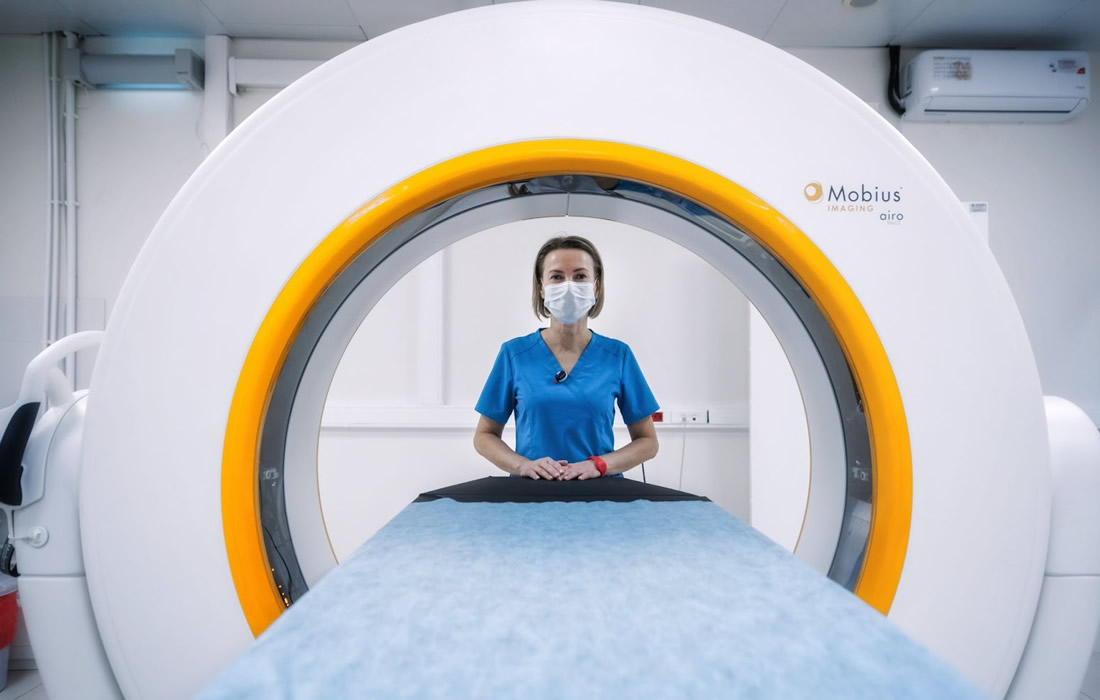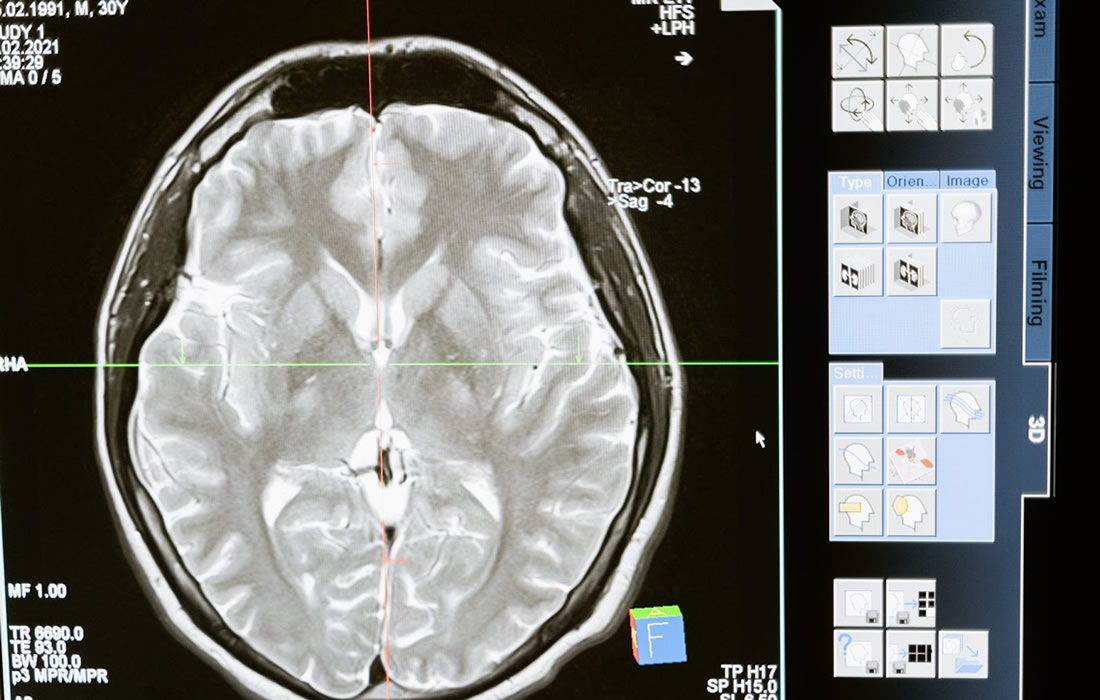In the future, a little saliva may be enough to detect an incipient cancer. Researchers at the University of Gothenburg have developed an effective way to interpret the changes in sugar molecules that occur in cancer cells. Glycans are a type of sugar molecule structure that is linked to the proteins in our cells. The […]
Author Archives: Rocio Gallegos, MD
A new study by researchers at Lund University provides increased support for the idea that epigenetic changes can cause type 2 diabetes. Epigenetic changes that arise due to environmental and lifestyle factors can affect the function of genes. “Our new extensive study confirms our previous findings from smaller studies, showing that epigenetic changes can contribute […]
Pain is an underdiagnosed and undertreated problem in people with dementia, especially if they are in an advanced stage of the disease that prevents them from being able to communicate effectively. A team from the UCO’s Nursing Department has determined the presence of two pain biomarkers and their levels in saliva as a tool to […]
A world without cardiovascular disease (CVD) is possible, yet millions of lives are lost prematurely to heart disease each year, according to the new Global Burden of Disease (GBD) special report. “There are many inexpensive, effective treatments. We know what risk factors we need to identify and treat. There are simple healthy choices that people […]
Several previous studies of persisting problems after COVID have involved MRI brain scanning. Although researchers have found differences compared with healthy brains, these differences are not specific to COVID-19. “It can be frustrating for me as a doctor when I understand that the patients have problems, but I can’t find an explanation because there’s nothing […]
A new study provides a better understanding of how the brain responds to injuries. Researchers at the George Washington University discovered that a protein called Snail plays a key role in coordinating the response of brain cells after an injury. The study shows that after an injury to the central nervous system (CNS) a group […]
The problem of foodborne metal contamination has taken on new urgency, thanks in part to a 2021 US Congressional Report detailing high levels of metals found in infant food pulled off grocery shelves. Food crops can absorb heavy metals from contaminated soil, air, and water. As a result, traces of dangerous heavy metals — lead, […]
Smoking shrinks the brain, according to a study by researchers at Washington University School of Medicine in St. Louis. Since people’s brains naturally lose volume with age, smoking effectively causes the brain to age prematurely, the researchers said. Scientists have long known that smoking and smaller brain volume are linked, but they’ve never been sure […]
For decades, scientists have noted an intriguing similarity between a deficiency in vitamin B12 and multiple sclerosis (MS), a chronic disease in which the body’s immune system attacks the CNS and which can produce neurodegeneration. Both vitamin B12 (also known as cobalamin) deficiency and MS produce similar neurological symptoms, including numbness or tingling in hands […]
Some Covid-19 vaccines safely and effectively used lipid nanoparticles (LNPs) to deliver messenger RNA to cells. A new MIT study shows that different nanoparticles could be used for a potential Alzheimer’s disease (AD) therapy. In tests in multiple mouse models and with cultured human cells, a newly tailored LNP formulation effectively delivered small interfering RNA […]










